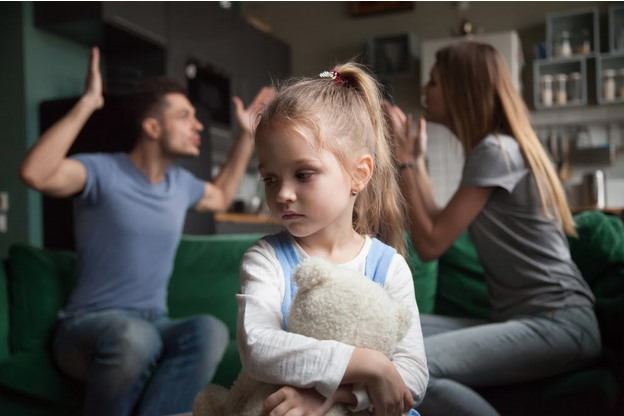Parental Responsibility and Rights When Handling Custody Matters
- Written by News Company

Separating from a marriage or a de-facto relationship is a stressful relationship that is often exacerbated when children are involved. In such situations, it is incredibly important that the welfare of the children is made top priority in order to limit the negative effects of divorce or separation on little ones. Partners who separate often clash over custodial matters, making the entire experience even more difficult for children involved. In today’s article, we have a look at parental responsibilities and rights when handling custody matters and how parents can minimise the negative impact it makes on their children. Read on to find out more.
A Focus On Shared Custody
In the past, it was not uncommon for the legal system to favour mothers in custody battles. As society has evolved, we have seen a positive shift towards the focus on shared custody which often is a decision made to ensure the overall welfare of children involved. Many family lawyers in Melbourne work together with parents in order to establish which parent is most suited for primary custody of a child regardless of whether they are the mother or father.
The courts now favour the idea of co-parenting due to the numerous benefits it can offer a child as it allows children to share a rich and meaningful relationship with both parents. This also encourages both parents to be equally involved in the social, financial and overall contribution to the wellbeing of a child. Because children are often traumatised and scarred during divorce and separation, the main goal is to ensure that the negative repercussions of divorce are minimised as much as possible in order to allow the child to lead a happy, healthy and whole life.
Factors That Influence The Court’s Decisions
When it comes to the factors that influence the court’s decision on who will be appointed primary carer, it is important to note that the decision is made based on the child’s best interests. The two main tenets of the best interests of the child are as follows:
A Child Has The Right To Benefit
This factor takes into consideration that the child has the right to benefit from the benefits of a meaningful and rich relationship with both of their parents and extended families. Furthermore, children whose divorced parents have a co-operative relationship often feel more secure and less “at fault” compared to those who don’t. When a child is confident that both their parents love them and care for them equally, they tend to adjust more quickly and easily to divorce.
A Child Has The Right To Be Protected
The second factor is the most important one - a child has the right to be protected from abuse (physiological, verbal, psychological) and sexual harm. If being in the care of one parent subjects a child to abuse or a dangerous environment, the contact with that particular parent will be incredibly limited and often be under supervision during visits. In the eyes of the law, any parent who subjects their child to any sort of abuse has no right to a relationship with them.
Parental Responsibilities =/= Custody
One thing that is important to note and often confused is the fact that parental responsibilities are not the same as having custody of a child. This means that the parent that the child primarily lives with does not necessarily get to make all the major long term decisions for them.
Decisions such as where a child is enrolled in school, medical treatments and social activities are a part of parental responsibility. In situations where equal shared parental responsibility is upheld, both parents are expected to make these decisions for their children together. Of course, in institutions where one parent is deemed unfit or is a threat to the child, parental responsibility will fall on the other parent and a joint decision may not be necessary.
Relocation Matters
It is not uncommon for one parent to want to relocate to a different suburb, state, or in some situations country. In such a situation where equal shared parental responsibility is expected to be upheld, the courts will intervene and promote parental cooperation in the situation.
If the father retains parental responsibility (long term involvement in major decisions in the child’s life) and does not agree that the child and mother should move, he will then need to make an application for relocation orders to the family court.
As with all parenting issues, the child’s best interests will be prioritised and play a major part in what the court’s final decision is. Depending on the individual case, the court may or may not make orders that are in favour of relocation. As always, in such sensitive situations, we always recommend that parents gather legal advice from a trusted family lawyer.
When it comes to parental responsibilities, right and custody, each and every case is unique. It is also paramount that decisions are made to ensure the best overall welfare of any children involved in the situation. If you find yourself needing assistance or advice when it comes to custodial matters, we highly recommend getting into contact with an experienced family lawyer who will be able to assist you and best guide you towards the right path to take.

























